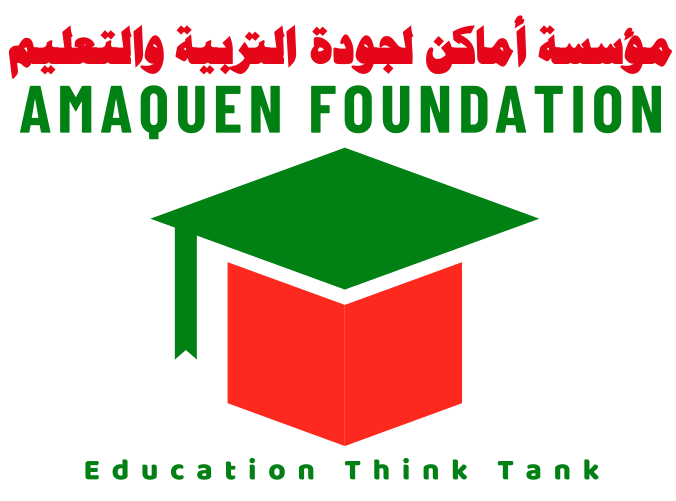At the social and community level, it is necessary to create a supportive social environment that pays close attention to learners’ voices and also detects indications of distress, alienation or depression. An appropriate referral to professionals should be made after a formal assessment of risk and depression. The school must reach out to poor communities and ensure the safety and well-being of all learners. School nutrition programs should encourage malnourished learners to go to school. Schools should establish meaningful relationships with families, authorities and relevant NGOs to create a welcoming social environment. Shared procedures and practices to discourage all forms of abuse should be developed.
In the Moroccan context, the Higher Council for Education, Training and Scientific Research (HCETSR) noted key challenges facing the Moroccan education system. In response to these shortcomings, the HCETSR suggested an exhaustive list of interventions, detailed in the 2015-2030 Strategic Vision (HCETSR, 2017). The HCETSR’s recommendations focus on improving language proficiency, communication, dialogue, research and innovation capabilities, and needed labor skills – all in harmony with the national demands and religious values of society. Several important educational reforms have been initiated to address these recommendations. These include the revision of school curricula, the introduction of the Amazigh language and culture into the curricula, the pedagogical reorganization of higher education and improved reception capacities of vocational training.
